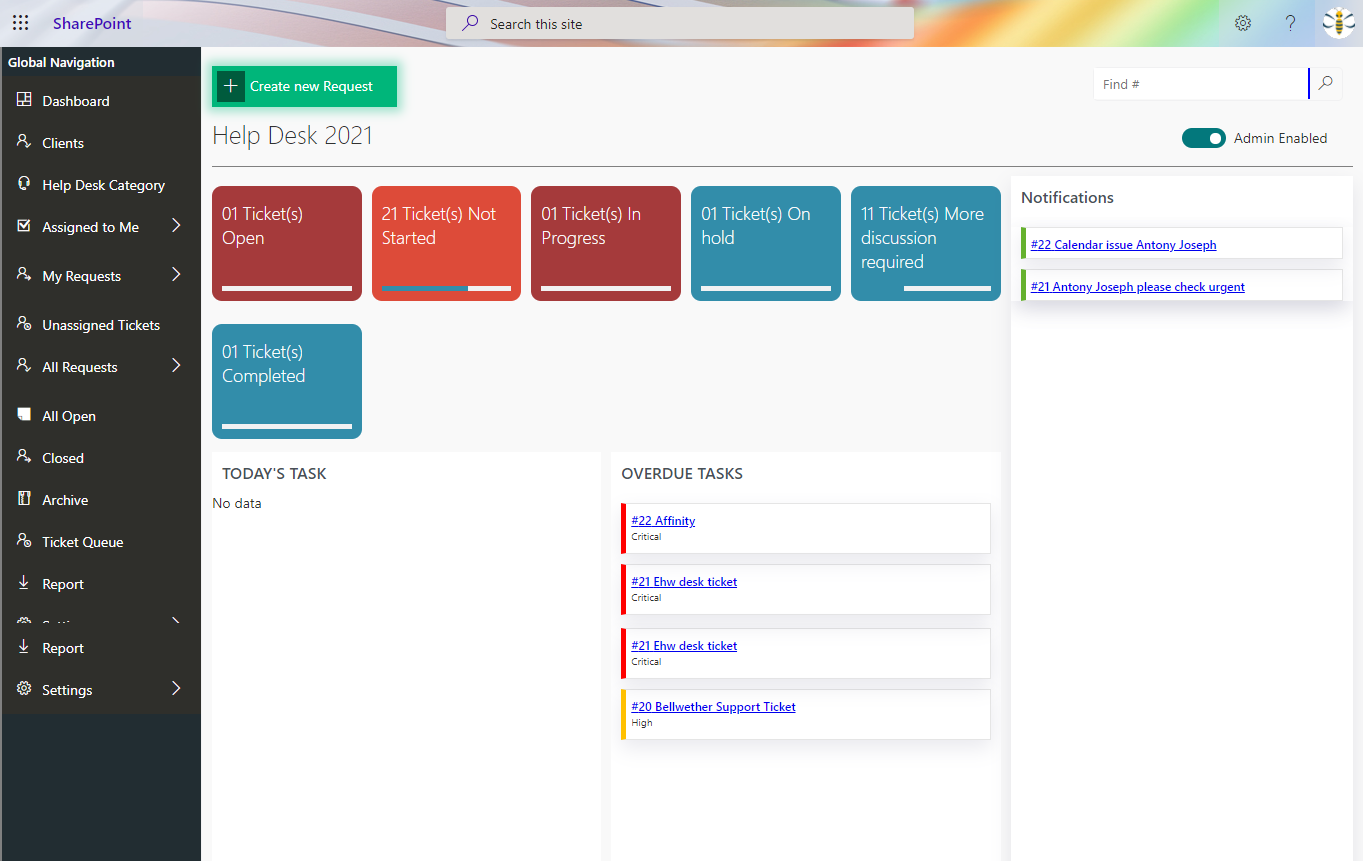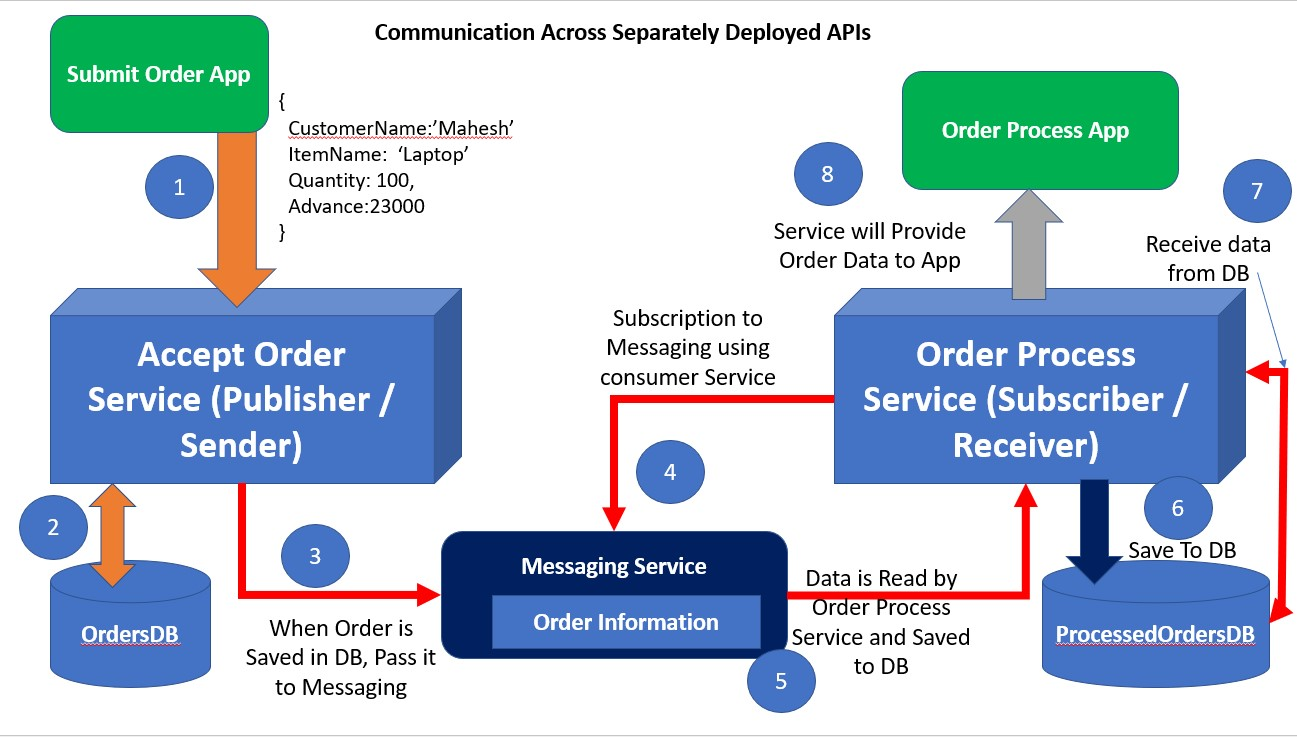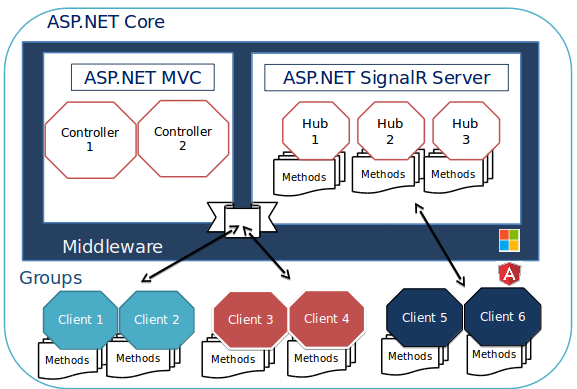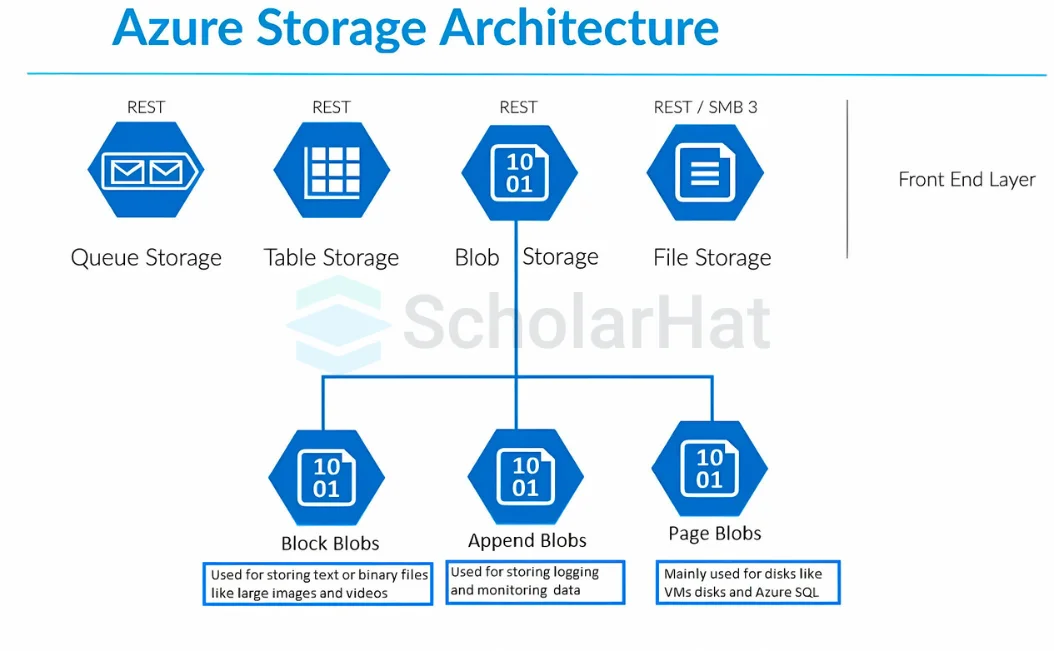Angular Services and Dependency Injection: Managing Dependencies in Angular
- Machine Learning
- November 05, 2024
-
Angular Services and Dependency Injection: Managing Dependencies in Angular
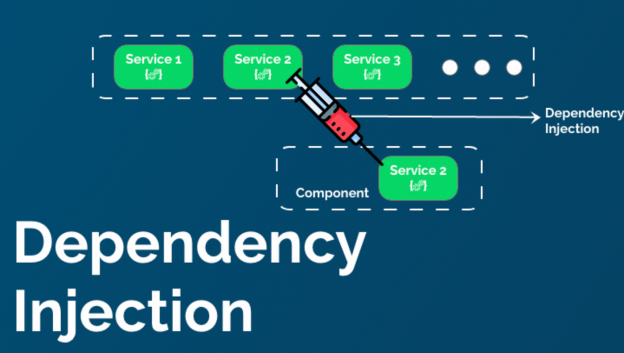
Introduction:
Angular is a powerful framework for building web applications, and one of its key features is dependency injection (DI). Dependency injection allows you to manage dependencies between different parts of your application, making your code more modular, reusable, and testable. In this blog post, we'll explore Angular services and dependency injection and how they help in managing dependencies in Angular applications.
Understanding Angular Services:
Angular services are a way to encapsulate reusable functionality that can be shared across different parts of your application. Services are typically used to perform tasks such as fetching data from a server, logging messages, or managing state.
Creating Angular Services:
Angular services are created using the @Injectable decorator. You can generate a new service using the Angular CLI command ng generate service serviceName.
Dependency Injection in Angular:
Dependency injection is a design pattern used to inject dependencies into a class rather than creating them within the class itself. In Angular, dependency injection is handled by the Angular injector.
Injecting Services into Components:
You can inject services into Angular components by adding them to the component's constructor. Angular's DI system will automatically provide an instance of the service when the component is created.
Singleton Pattern with Angular Services:
By default, Angular services are singletons, meaning that Angular creates only one instance of the service and shares it throughout the application. This ensures that the service's state is consistent across all components that use it.
Providing Services:
Angular provides various ways to provide services at different levels of the application hierarchy, such as providing a service at the root level, providing it at the component level, or providing it in a lazy-loaded module.
Testing Angular Services:
Because services are independent and modular, they are easy to test. You can create unit tests for services using Angular's testing utilities and mocking dependencies as needed.
Conclusion:
Angular services and dependency injection are fundamental concepts in Angular development that help manage dependencies between different parts of your application. By encapsulating functionality in services and using dependency injection to provide them where needed, you can create modular, reusable, and testable code that is easier to maintain and extend.
Understanding services and DI is essential for Angular developers looking to build robust and maintainable applications, and mastering these concepts can greatly enhance the development experience.
Start Your Data Journey Today With MSAInfotech
Take the first step towards data-led growth by partnering with MSA Infotech. Whether you seek tailored solutions or expert consultation, we are here to help you harness the power of data for your business. Contact us today and let’s embark on this transformative data adventure together. Get a free consultation today!

We utilize data to transform ourselves, our clients, and the world.

Partnership with leading data platforms and certified talents


